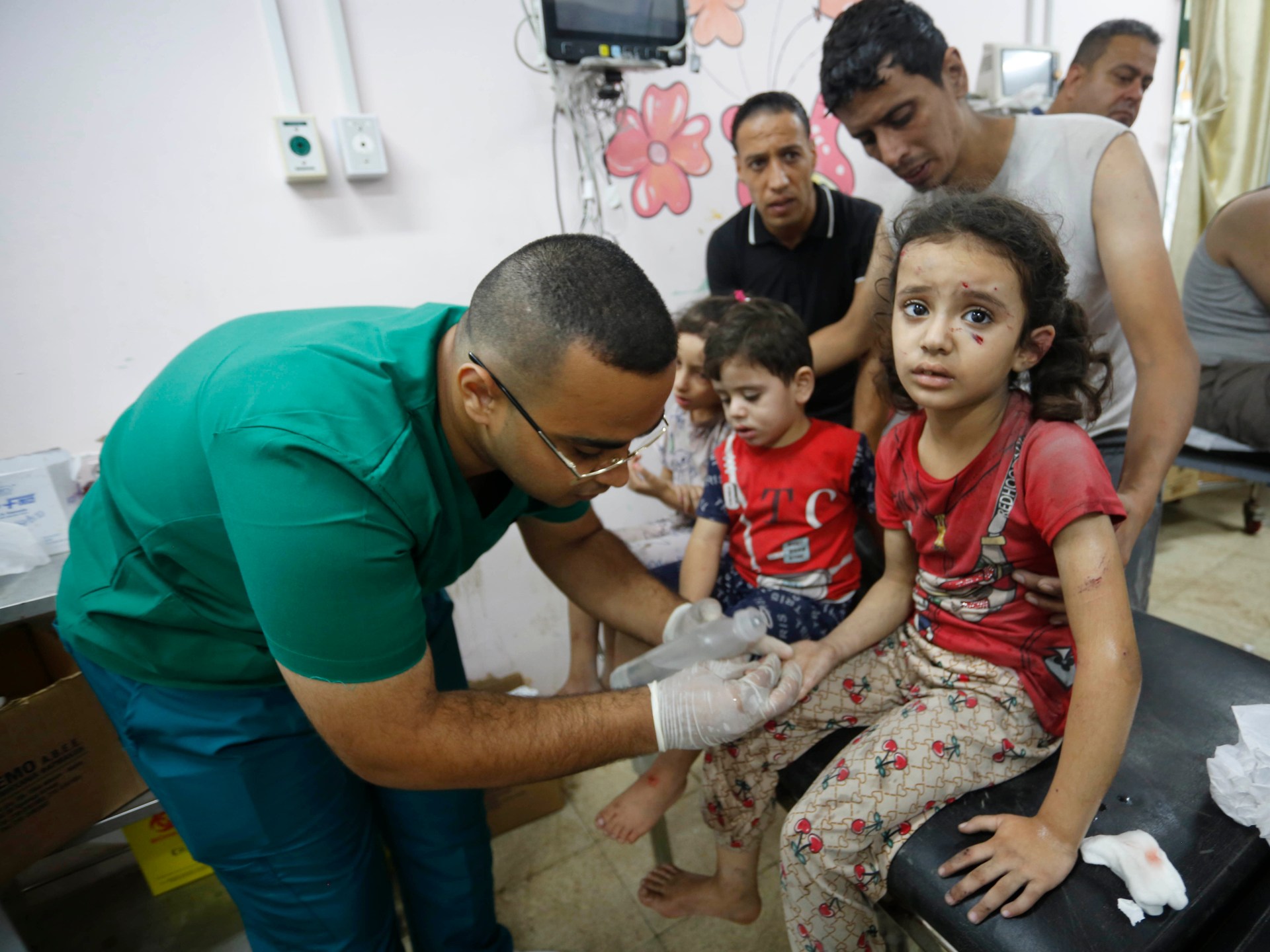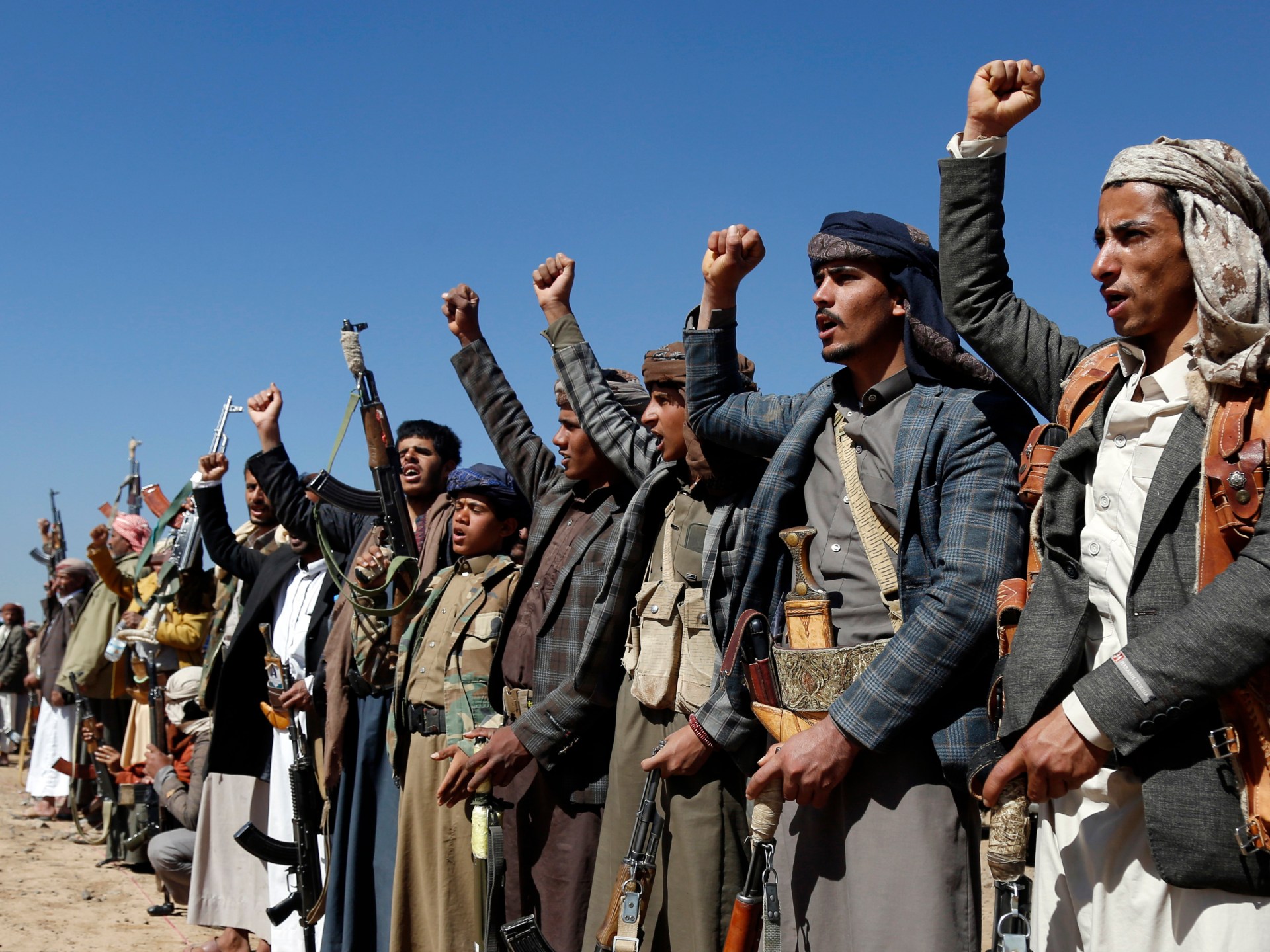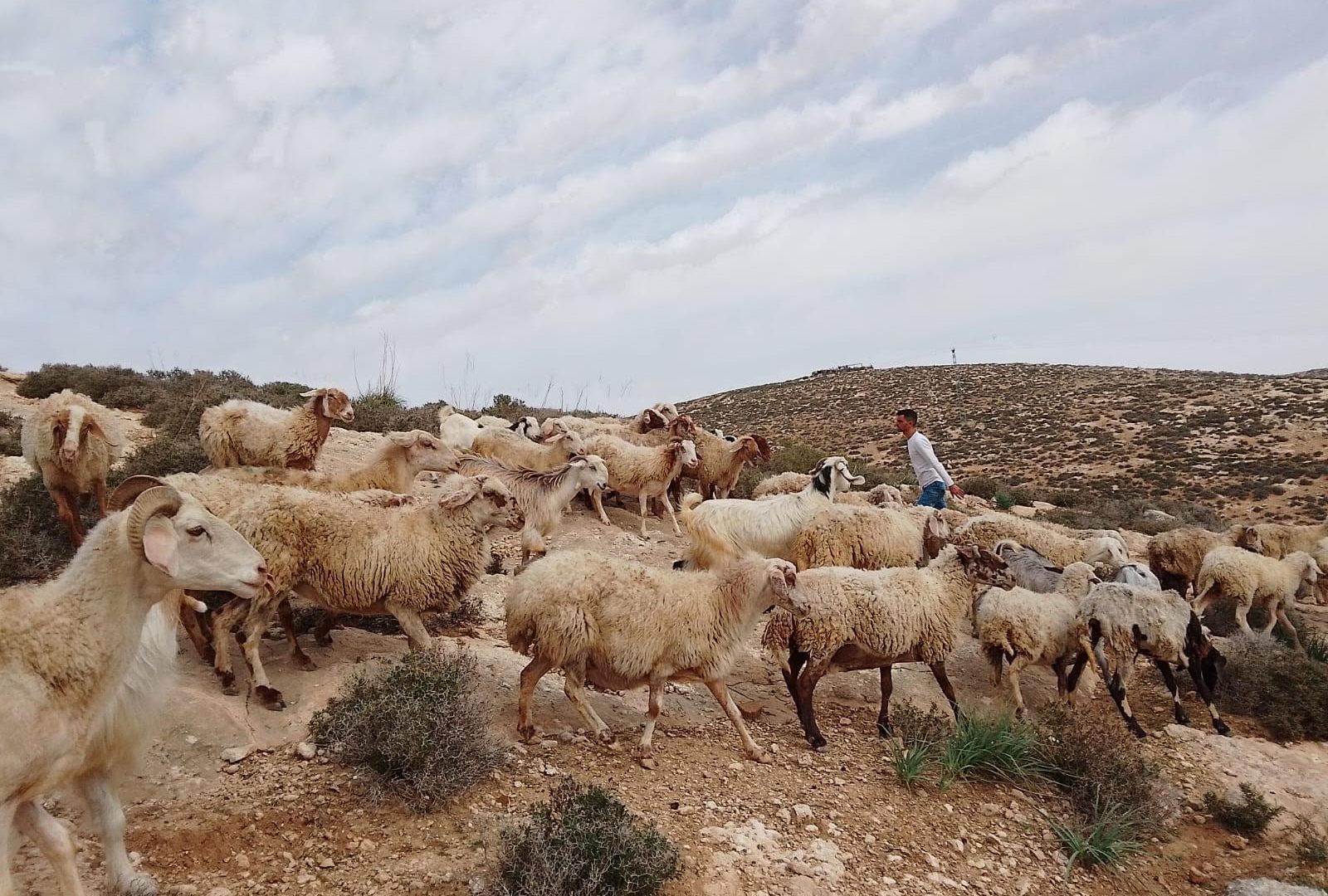
“The doctor is the natural advocate of the poor” was a slogan popularized in the mid-19th century by Rudolf Virchow, a wealthy German pathologist, politician, and social physician. More than 100 years later, Frantz Fanon—a Martinica-born psychiatrist who resigned from his position in the French health care system in protest against French colonial violence in Algeria—expressed a less idealized impression of the profession.
Although the doctor presents himself as “the doctor who heals the wounds of humanity,” in reality he is “an integral part of colonization, of domination, of exploitation,” Fanon wrote.
Doctors around the world know Virchow’s empowering portrait of ourselves as virtuous advocates for the oppressed. But based on the prevailing reactions of American, European and Israeli medical professionals to the US-sponsored genocide in Gaza, Fanon’s damning assessment of doctors’ complicity in state violence rings far more accurate.
As the world witnesses daily mass killings carried out by Israel’s far-right government against Palestinian civilians, including deliberate attacks on hospitals that killed and maimed medical staff and patients, doctors outside the Gaza Strip have divided themselves into two camps: collaborators and resistance fighters.
The majority of us in the Global North seem to have clustered in the first category. Collaboration with colonial violence comes in many forms, through passive silence or preliminary comments that promote the evasion of ethical-political responsibility and even active censorship Editor of magazines the Palestinian conditions, history and perspectives public calls from Israeli doctors for the murder of their Palestinian counterparts through hospital bombings in the Gaza Strip.
Particularly damaging are intellectually and ethically bankrupt claims that rely on historical and political-economic analysis the root causes of current violence in the context of the occupation and apartheid policy amounts to a justification of the violence committed by Hamas and is therefore inadmissible.
Such claims are a standard tactic for manufacturing consent to maintain colonial rule. Their goal is to obscure the ongoing atrocity and prevent would-be resistance fighters from using their voice and influence to stop it.
The incentives for collaboration and the disincentives for dissent are clear. The US House of Representatives has sanctioned the only Palestinian-American congresswoman, Rashida Tlaib, for calling for a ceasefire repeated aspirations for the liberation of the Palestinians.
A large number of billionaire donors have used the power of their checkbooks to demand McCarthyism on campuses across the country.
In response, most well-protected faculty remained cooperatively silent, while university presidents at elite donor-responsive institutions such as Columbia, Harvard, and the University of Pennsylvania suspended pro-Palestinian and Jewish student groups protesting ongoing violence in occupied Palestinian territory.
In this climate of intimidation, in which criticism of racist-Zionist violence and sympathy for Palestinian lives are cynically mixed with anti-Semitism, various federal and state initiatives have been launched to investigate allegations of anti-Semitism on college campuses.
This reality has not been lost on the most powerful figures in American medicine, who generally rely on university appointments and associated academic honors to advance their careers.
Not a single major professional medical organization in the United States has spoken out against the acute or chronic genocide of Palestinians in Gaza, let alone combined their considerable lobbying efforts to oppose the active support of US lawmakers.
In spite of all entail risksMany U.S. doctors have begun organizing among themselves, joining larger movements outside our profession, and joining with a broad range of health care workers to look for ways to stop the violence.
Many of those in the US medical community who have previously belonged to the collaborator camp would no doubt vehemently deny the accusation if confronted with it and express outrage that anyone would dare question their moral standing .
Some may point to her numerous publications, lectures, and research grants on diversity and inclusion, health equity, global health, or human rights as evidence of her inviolable virtue.
But measured against their impact on those currently subjected to US-sponsored colonial violence and dispossession in Gaza and the West Bank, such defensive measures are beyond hollow. They serve to obscure the ethical failure of the American medical community to use our significant political influence to condemn colonial violence and demand that our government stop allowing it.
However, we can also proceed differently. As Fanon noted in Medicine and Colonialism and demonstrated through his own life, despite doctors’ structural tendencies to embrace colonial oppression, we are fully capable of resisting it – provided we have the courage to do so To reject the comforts of complicity and accept personal risks.
When doctors abandon their upper-class professional value system and instead devote themselves to “sleeping on the floor” alongside dispossessed groups while simultaneously “living the drama of the people,” as Fanon put it, commitment to the trappings of polite “professionalism” gives way. Active solidarity. The doctor who commits himself to working side by side with the displaced and dispossessed can transform himself from an “agent of colonialism” into a doctor worthy of the title of “caregiver.”
Few American doctors have provided medical care in the occupied Palestinian territories or accompanied residents of Gaza or the West Bank in their daily hardships under Israeli blockade and occupation.
What means then should we use to unite in solidarity with an oppressed people thousands of miles away? We should pay attention to it and let it guide us Palestinian healthcare workers and the foreign colleagues at their side who cared for the sick and wounded at all costs.
While we provide medical care under conditions that would make most doctors in the global North give up, one Doctor in Gaza has even found time to fill the vacuum of ethico-political initiative left by ineffective American doctors and has sued US President Joe Biden for his failure to prevent a spreading genocide and for his active complicity in it.
“We will not abandon our patients and our communities,” Gaza health workers have repeatedly said as their workplaces have been bombed.
Again, we should refuse to give up on them.
If we cannot or do not want to participate in the care of the poorest, our minimal ethical responsibility as physicians who claim to value human life is to do everything we can to protect our colleagues who are living this difficult life , do vital work. As a professional community, we refuse to adhere to even this lowest ethical standard.
Some will dismiss this call for doctors to reject collaboration and join in action-oriented solidarity with our Palestinian colleagues who risk – and lose – their lives to care for those most in need as “divisive” and lacking “nuance.”
For anyone who is truly interested, the result: soberly presented historical accounts of Zionist settler colonialism Apartheid systemthe chronic destruction of Palestinian public health and nuanced legal appeals to protect Palestinian rights have been made countless times and are readily available.
But as the killings of Palestinian civilians increase by the hundreds every day, we should refuse to nuance or debate avoidable atrocities or allow the fantasy of a middle ground for those who wish to refrain from “taking sides.”
There is no possible justification for what the Israeli and US governments have done in Gaza. The only ethical position for doctors – or anyone else – is to demand a permanent ceasefire, an immediate end to ethnic cleansing in both Gaza and the West Bank, and the dismantling of the apartheid system that has provided for a never-ending stream of both ongoing and… selective violence.
In the face of genocide, it is a fundamental ethical duty to draw boundaries and compel decisive action, regardless of who it offends and what the personal or professional costs are.
The views expressed in this article are the author’s own and do not necessarily reflect the editorial stance of Al Jazeera.






Recent Comments